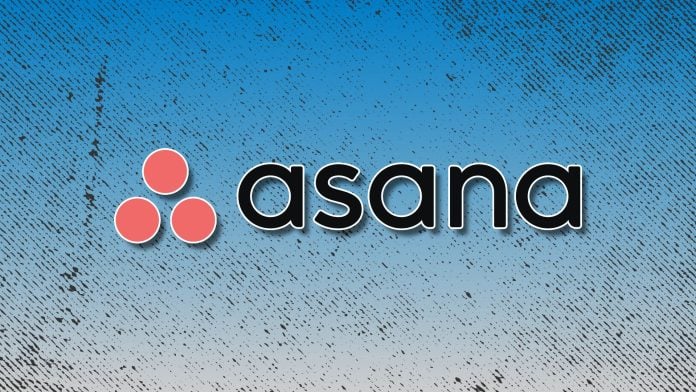Workplace management platform Asana is evolving its business model, transforming from a product-centric approach to a hybrid strategy that combines product-led growth with active partners. This shift has implications for small business owners looking for efficient project management solutions and collaboration tools.
Jo Gaines, Asana’s head of channel for the Asia-Pacific region, discusses how this new direction prioritizes partnerships, offering businesses a streamlined approach to integrating the platform into their operations. "We have a sales team, and the partner ecosystem is an extension of that sales team,” Gaines explained in a recent interview. This shift is designed to enhance product offerings based on direct customer feedback and partner insights, creating a more tailored experience for users.
For small businesses, the key benefits of Asana’s updated partner program lie in its flexibility and adaptability to different partner needs. Unlike traditional partner programs, which may prioritize uniformity, Asana allows partners to choose their level of involvement—whether as service delivery partners, integration specialists, or simple referral partners. "Not all of our partners want to be service delivery partners," Gaines noted. "If you want to be a referral partner, you can be that. If you want to do service delivery, you can be that."
This tiered approach, which will fully launch later this year, gives small businesses a clearer pathway to aligning with Asana’s ecosystem. It allows them to leverage the strengths of various partners to suit their distinct objectives, whether that means taking advantage of specialized implementations or simply referring potential customers. As a result, small businesses can choose collaborations that best match their needs and capabilities.
Real-world examples underscore this strategy’s effectiveness. Gaines shared a story of a customer who approached Asana with a Request for Proposal (RFP) related to objective key results (OKRs). While they initially opted not to proceed, they returned a year later after realizing that other options did not meet their requirements. "They came back to us… because there’s nothing else out there like [Asana]," she said, highlighting how customer insights directly influence product development.
Asana’s commitment to using feedback for continuous improvement aligns with small business owners’ need for solutions that genuinely address their pain points. By integrating customer and partner feedback into product development, Asana can provide features that resonate with the market’s real demands. Gaines places a strong emphasis on this iterative learning process, asserting, "They’re telling us what customers are asking for? Can you build it?" This line of communication can foster a more effective partnership and can lead to solutions that feel tailor-made for small businesses.
However, as small businesses consider getting involved with Asana’s partner program, potential challenges should not be overlooked. Balancing expectations between Asana and its partners is crucial. Gaines advises organizations to treat partners as extensions of their teams. “Bring them in, share information… [They] should be just an extension of your team,” she said. Establishing clear goals and open lines of communication is essential to foster effective collaboration. This transparency can help mitigate misunderstandings and ensure all parties are aligned toward common objectives.
Asana is also investing in the enablement of its partners to ensure that they are well-equipped to support various business needs. Gaines mentioned the introduction of pre- and post-sales enablement similar to what Asana provides its internal teams. "We’re now doing pre and post-sales enablement exactly what we do with our own teams," she explained. This offers a competitive edge by enabling partners to effectively engage with clients, potentially improving the overall experience for small businesses that utilize Asana’s solutions.
Positive initial feedback about the new partner program underscores its potential. Partners appreciate knowing their roles within the ecosystem and the criteria needed for qualification. This clarity fosters collaboration and mutual growth. Gaines noted, "It is a level playing field… There’s an abundance of opportunity."
Asana’s new direction emphasizes collaboration and adaptability, making it a compelling choice for small business owners seeking efficient project management solutions. By leveraging the experiences and insights of partners, Asana positions itself as a more responsive platform that can meet the varied demands of today’s businesses.
For further insights on Asana’s evolving strategy and what it means for small businesses, you can read the full interview here.
Image Via BizSugar



